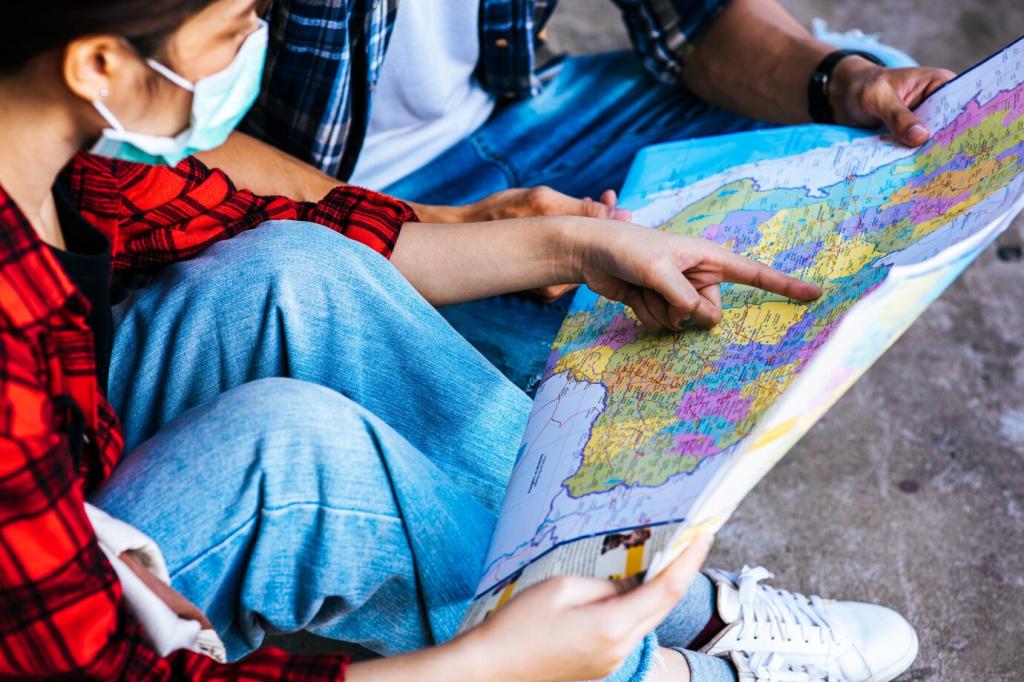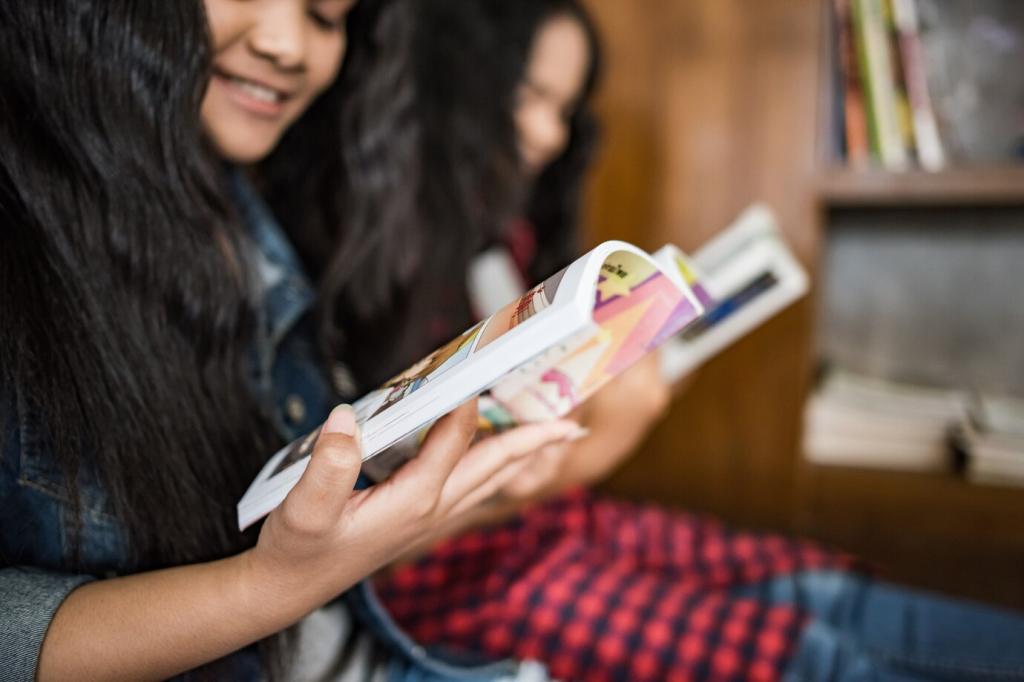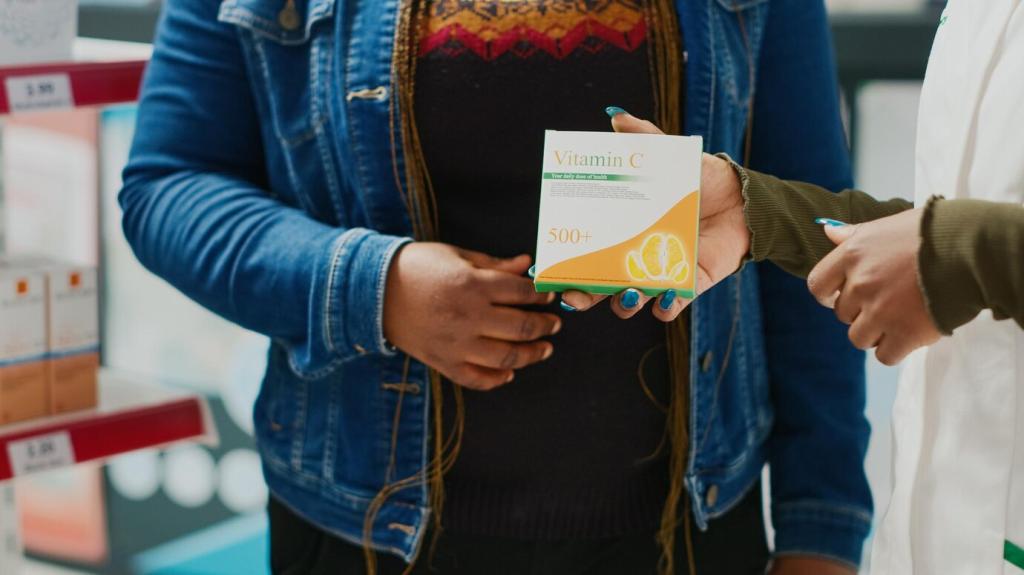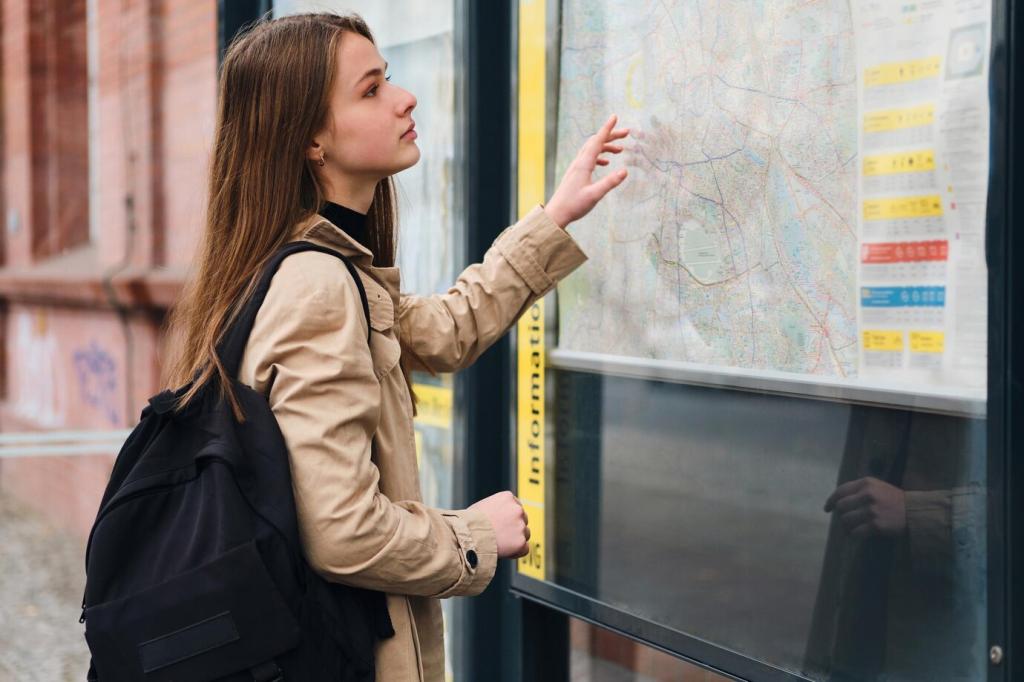
Travel Kindly: Cultural Sensitivity and Etiquette in Tourism
Chosen theme: Cultural Sensitivity and Etiquette in Tourism. Journey with empathy, listen more than you speak, and let respect be your most memorable souvenir. Join our newsletter and share your own stories of mindful travel in the comments.

Beyond Politeness: Building Trust
Sensitivity is more than saying please and thank you; it’s recognizing whose home you’re visiting. When travelers observe local norms, residents feel seen, not studied, and relationships begin with trust rather than tension or transactional expectations.

Reducing Impact and Misunderstandings
Small gestures—like learning basic greetings or asking before taking photos—can prevent accidental offense. In some contexts, familiar gestures carry different meanings. Research helps you avoid missteps and demonstrates genuine curiosity about the people who host you.

A Story from Kyoto
A traveler once mirrored a shopkeeper’s gentle bow before entering, hands visible, voice soft. The moment seemed minor, yet the shopkeeper poured complimentary tea, shared neighborhood history, and introduced hidden artisans. Respect quietly multiplied the experience for both.
Greetings and Personal Space Across Cultures
A firm handshake may signal confidence in one place, while a gentle bow, a nod, or a light touch on the shoulder may be preferred elsewhere. Watch first, follow second, and let your host set the rhythm of respect.

Planning Respectful Outfits
Pack versatile layers and a lightweight scarf that can cover shoulders or hair when requested. Neutral colors and modest cuts tend to travel well across cultures, keeping attention on your conversation rather than on your clothing choices.

Shoes Off, Heads Up
Many homes, temples, and some historical sites ask visitors to remove shoes. Look for signs and designated racks, and step carefully. If head coverings are requested, ask a local or attendant how to wear them correctly and comfortably.
Dining, Tipping, and Table Manners
Before You Bite: Setting the Table
Observe how others sit, serve, and begin eating. In many places, the host starts first or offers a toast. Accept what’s offered when possible, try at least a bite, and express gratitude in the local language to honor the effort.
Tipping Without Awkwardness
Tipping norms differ widely. Some regions include service charges, others expect modest cash tips, and some discourage tipping altogether. Check current local guidance, carry small bills, and when in doubt, discreetly ask staff how appreciation is best expressed.
Utensils, Hands, and Chopsticks
Respect local eating methods—hands, spoons, forks, or chopsticks. If using chopsticks, avoid pointing with them or sticking them upright in a bowl, which can be symbolic. When eating by hand, follow local customs about washing and which hand to use.


Photography, Privacy, and Consent
Before lifting your camera, make eye contact and ask, verbally or with a friendly gesture. Learn a simple phrase like “May I take your photo?” and accept any answer gracefully. A respectful no today earns trust tomorrow.
Photography, Privacy, and Consent
Look for signs at museums, religious sites, and government buildings; restrictions protect people and heritage. When photography is allowed, avoid flash during ceremonies and keep devices silent. Your restraint preserves the atmosphere that makes the moment meaningful.
Five Phrases to Learn Everywhere
Hello, please, thank you, excuse me, and sorry. Practice pronunciation, write them down phonetically, and use them daily. Your effort matters more than perfection and turns routine transactions into warm, memorable exchanges with the people you meet.
Jokes Don’t Always Travel
Sarcasm, irony, and edgy humor can misread abroad. Keep jokes light and inclusive until you understand local sensibilities. If a quip falls flat, smile and reset; humility often translates better than cleverness in unfamiliar contexts.
Body Language Basics
Eye contact intensity, pointing, and showing the soles of shoes can carry different meanings. When unsure, gesture with an open hand and maintain relaxed posture. Mirror locals’ cues and ask politely if a gesture seems unclear or sensitive.




